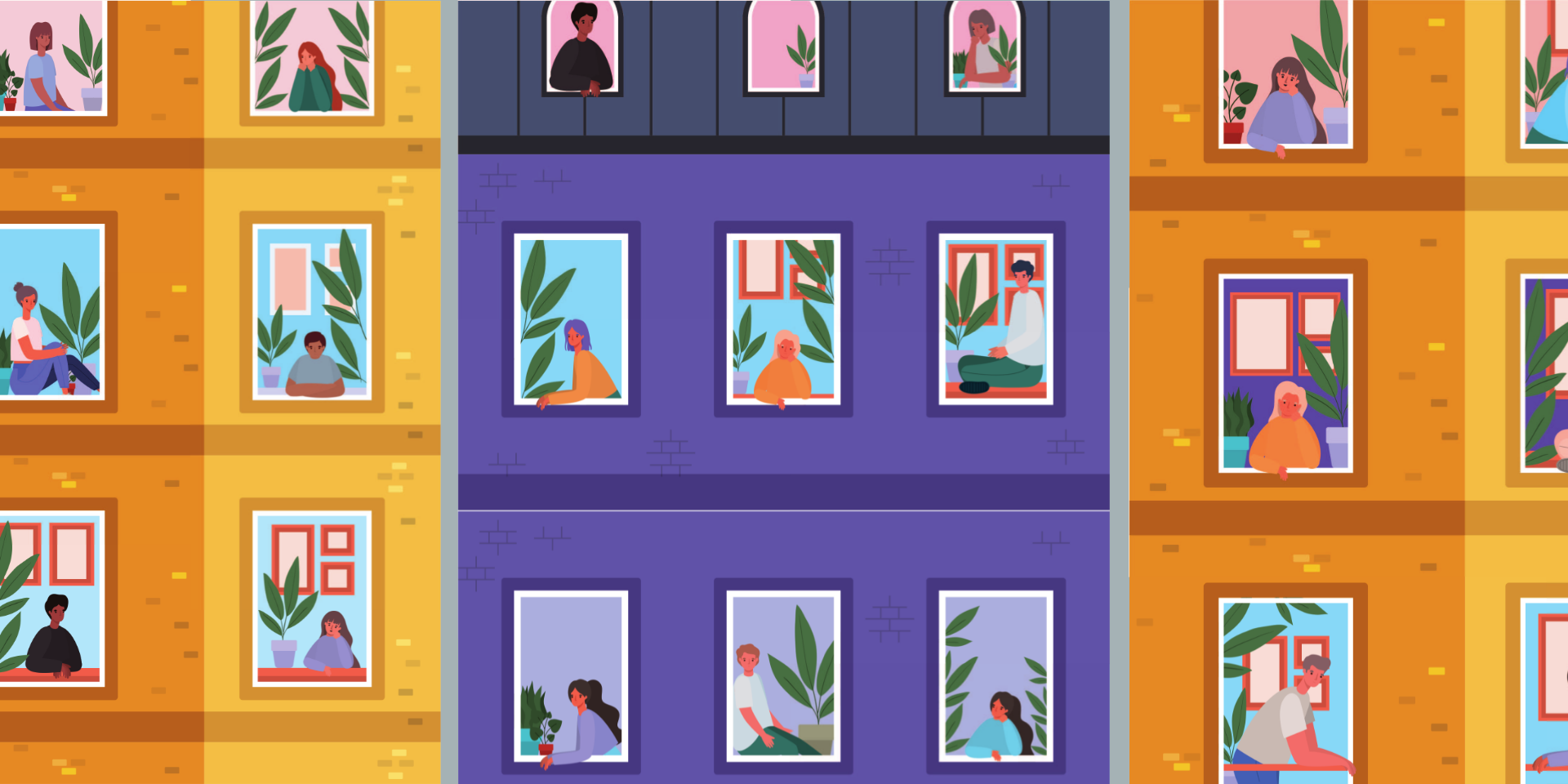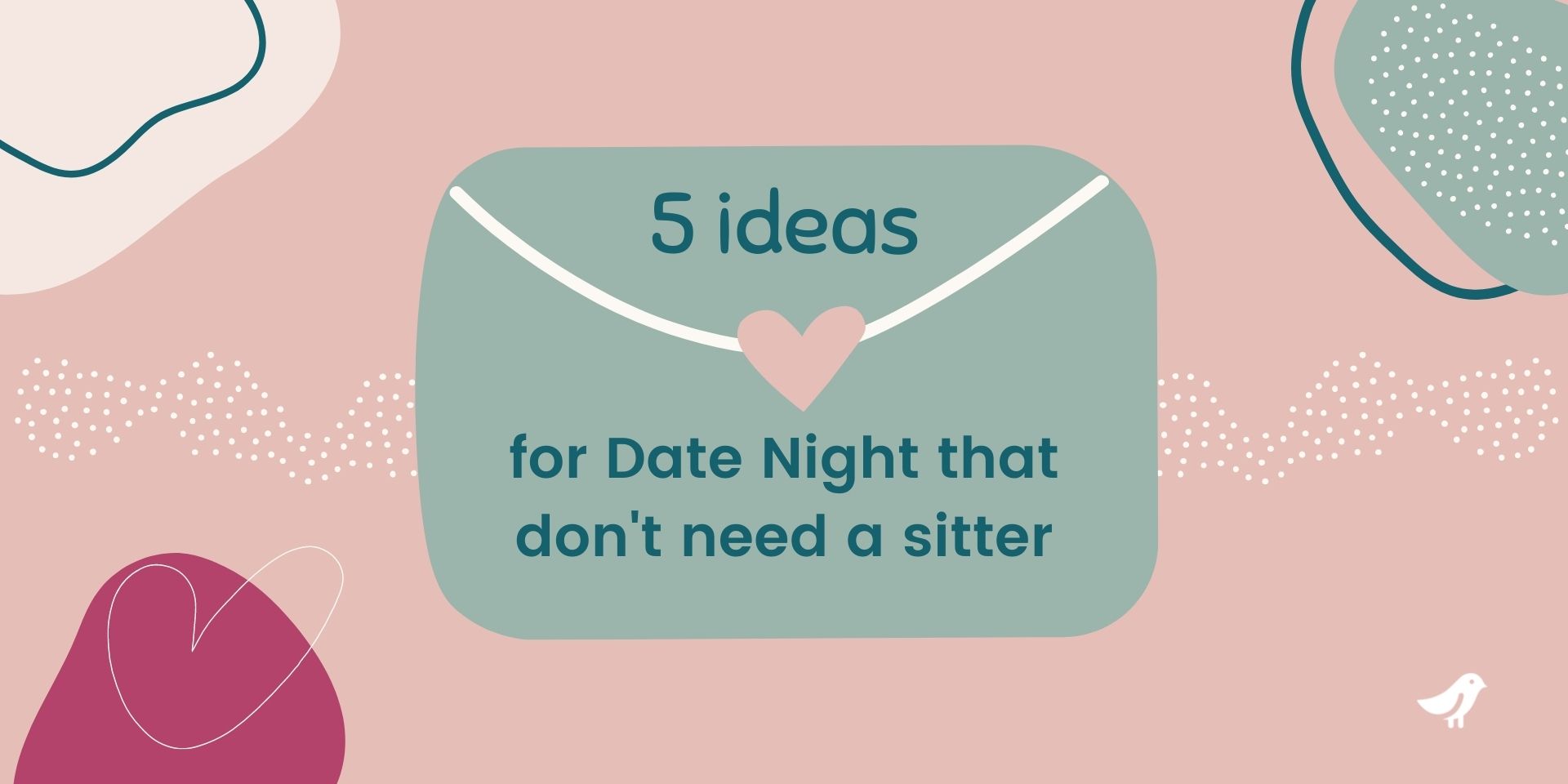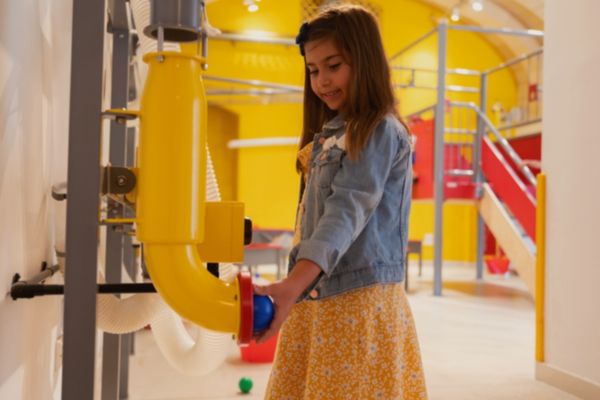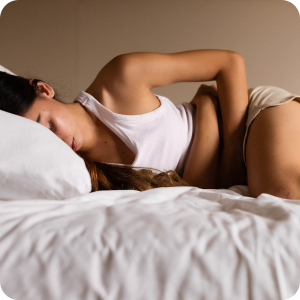 I’ve been following the paid period leave conversation from the sidelines, itching to comment and debate. It took willpower to reign in my inner keyboard warrior, but I knew that a short reply in a heated thread would not suffice in addressing this issue.
I’ve been following the paid period leave conversation from the sidelines, itching to comment and debate. It took willpower to reign in my inner keyboard warrior, but I knew that a short reply in a heated thread would not suffice in addressing this issue.
I also want to start this opinion piece with a disclaimer – and also something that kept me from being vocal until today. I’m a woman with a menstrual cycle of the kinder sort. I never went through any of the blackouts and crippling pain some women experience. I sympathise and agree that work is the last place you want to be when on that kind of period. What I find frustrating is that we’re ignoring the real issue, masking it with a few days of paid leave, and further tilting the scale against women. Here’s why.
Crippling periods are not normal.
The majority of women experience period pain at some point in th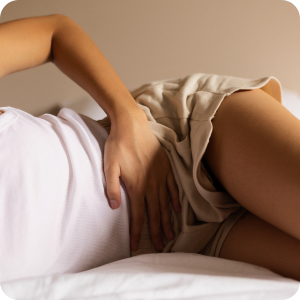 eir life. Some periods cause little or no discomfort, while others may be more painful. But, if your period pain is so severe that you need to call off work on a regular basis, it could be a symptom of Polycystic Ovary Syndrome (PCOS), endometriosis, pelvic inflammatory disease or some other condition. If this is you, the way forward is visiting a gynaecologist and not learning to live with the pain.
eir life. Some periods cause little or no discomfort, while others may be more painful. But, if your period pain is so severe that you need to call off work on a regular basis, it could be a symptom of Polycystic Ovary Syndrome (PCOS), endometriosis, pelvic inflammatory disease or some other condition. If this is you, the way forward is visiting a gynaecologist and not learning to live with the pain.
As a society, we’re masking the fact that women are very often gaslighted when they seek medical help, especially when it comes to period pain. While it’s true this may be done unconsciously, women are everyday being led to believe that severe period pain is normal or that they’re exaggerating the pain. As an example, did you know it takes an average of 7.5 years to get an endometriosis diagnosis? Or that it can take up to two years to be diagnosed if you suffer from PCOS, with women reporting they had to visit three different healthcare professionals to get that diagnosis?
Paid period leave is sending off the message to young girls that it’s okay to be confined to your bed one or two days per month. It’s normal. That’s womanhood.
The workplace is an unequal playing field – period leave doesn’t equalise it.
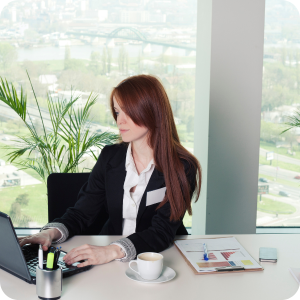 As women, we have to work harder for things that men take for granted. Maybe it’s no longer so apparent in twenty-first century Malta, but these biases still exist and saying they don’t means you’re either really lucky or wearing rose-tinted glasses.
As women, we have to work harder for things that men take for granted. Maybe it’s no longer so apparent in twenty-first century Malta, but these biases still exist and saying they don’t means you’re either really lucky or wearing rose-tinted glasses.
I am someone who’s been asked if I plan on having any more kids during an interview. Even earlier than that, I vividly remember talking to a friend after an interview and she told me the interviewer kept looking at her fingers, trying to spot an engagement or wedding ring. It’s no secret that some employers are hesitant to employ women. Period leave doesn’t ensure equality. It discriminates. Not men, women.
It’s also worth noting (for what it’s worth) that utilising ‘period leave’ every month, also means you’re sharing the details of your menstrual cycle with your employer. Just imagine the records HR will have at hand. Oh, and let’s not forget the ‘Għax qiegħda bih’ comments.
Abuses – because why not?
Whether we like it or not, there is that section of the working population counting how many sick days they have left and planning when to take them (I actually heard and saw this). There will be those who benefit from period leave, but there will also be those planning their days off in advance – and not necessarily when on their period, essentially throwing the rest of us in the mud.
We don’t need period leave. What we need are healthcare providers who actually listen. We need more education on what’s normal and what isn’t when it comes to women’s health. We need employers to be more open to remote work. And if there are deficiencies in sick leave, then add more days, or introduce personal days. It’s a more inclusive option, and those who suffer from chronic conditions or parents who end up taking vacation leave to care for sick children, can benefit too. Paid period leave is not a solution or an equality measure. It’s not empowering women. It’s telling them to normalise their monthly confinement, as the rest of the world carries on.
We hope you loved reading this.

